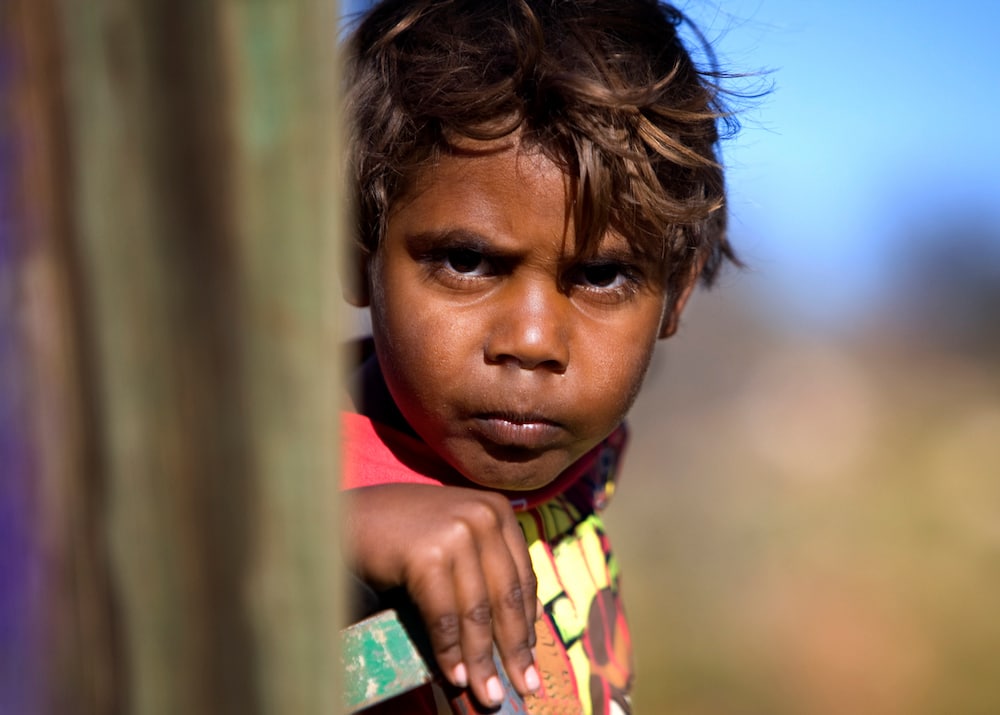Aboriginal and Torres Strait Islander children continue to be overrepresented in child protection and youth justice systems, according to the Productivity Commission’s Report on Government Services (RoGS) released this week, the ACT Council of Social Service (ACTCOSS) states.
The report highlighted:
• The number of Aboriginal and Torres Strait Islander children in out-of-home care has increased from 200 as at 30 June 2020–21 to 216 as at 30 June 2021–22. They are now 14 times more likely (70.8 per 1,000 children aged 0–17 years) to be in out-of-home care than non-Indigenous children (5.0 per 1,000 children). [Table 16A.2]
• ACT Government spending per child on protective intervention services, care services, intensive family support services and family support services is the lowest in the country at $934.59, well below the national average of $1,450.18 [Table 16A.8]
• The proportion of Indigenous children being placed with a relative or kinship carer or with another Aboriginal or Torres Strait Islander carer has increased to more than 71 per cent [Table 16A.20]
• Aboriginal and/or Torres Strait Islander children are 12 times more likely (22.8 per 10,000 young people aged 10–17) than non-Indigenous children (1.9 per 10,000) to be in detention in the ACT [Table 17A.5], and almost six times more likely to be under community-based supervision orders (41.5 Indigenous per 10,000 young people aged 10–17, compared to 7.5 non-Indigenous) [Table 17A.6]
• The proportion of young people released from sentenced supervision who returned to sentenced supervision within 12 months has increased from 38 per cent (2018–19) to 44.8 per cent (2019–20) [Table 17A.26]
ACTCOSS calls on the ACT Government to make the recommendations from the Our Booris, Our Way report front and centre of all priority initiatives in their Next Steps for Our Kids strategy, and to fund Aboriginal community-controlled organisations sufficiently.
ACTCOSS Interim CEO, Dr Gemma Killen said: “It is encouraging to see the ACT Government taking steps to increase access to early support for children and young people in the ACT through their Next Steps for Our Kids Strategy and the establishment of an Aboriginal and Torres Strait Islander Children and Young People Commissioner for the ACT.
“However, more needs to be done to reduce the number of Aboriginal and Torres Strait Islander children coming into contact with the child protection and youth justice system. We are still seeing disproportionately high numbers of First Nations children in the system, and the Strategy will remain toothless without significant investment in support services to keep families together.”
In November, the ACT Government appointed an interim Aboriginal and/or Torres Strait Islander Children and Youth Advocate, while the recruitment process for an Aboriginal and/or Torres Strait Islander Children and Youth Commissioner is underway.
Dr Killen continued: “It is promising to see the ACT Government’s increased commitment to First Nations families as evidenced through a higher rate of Aboriginal and/or Torres Strait Islander kids being placed with kinship carers or relatives. But the number of children in out-of-home care continues to rise.
“There is a strong relationship between involvement with the child protection system and subsequent involvement with the justice system. The report today tells us that Aboriginal and/or Torres Strait Islander children are 12 times more likely than their non-Indigenous peers to be in detention in the ACT; this is an unacceptably high number.”
The ACT Government has committed to increasing the age of criminal responsibility from 10 to 12 in 2023, and to further increase the age to 14 within two years.
Dr Killen continued: “ACTCOSS welcomes this change. However, we are deeply concerned about the ACT Government’s plan to include exceptions for 12- and 13-year-olds who have committed serious offences. There is scientific consensus that children under the age of 14 lack the developmental capacity to be held responsible for their actions. If the ACT Government is serious about reducing Aboriginal and/or Torres Strait Islander children’s contact with the youth justice system, they should start by unconditionally raising the age of criminal responsibility to 14.
“Children belong in school, not in prison. The ACT Government must invest in resources and services that enable children and young people to remain and thrive in the community and with their families, where they belong,” Dr Killen concluded.



